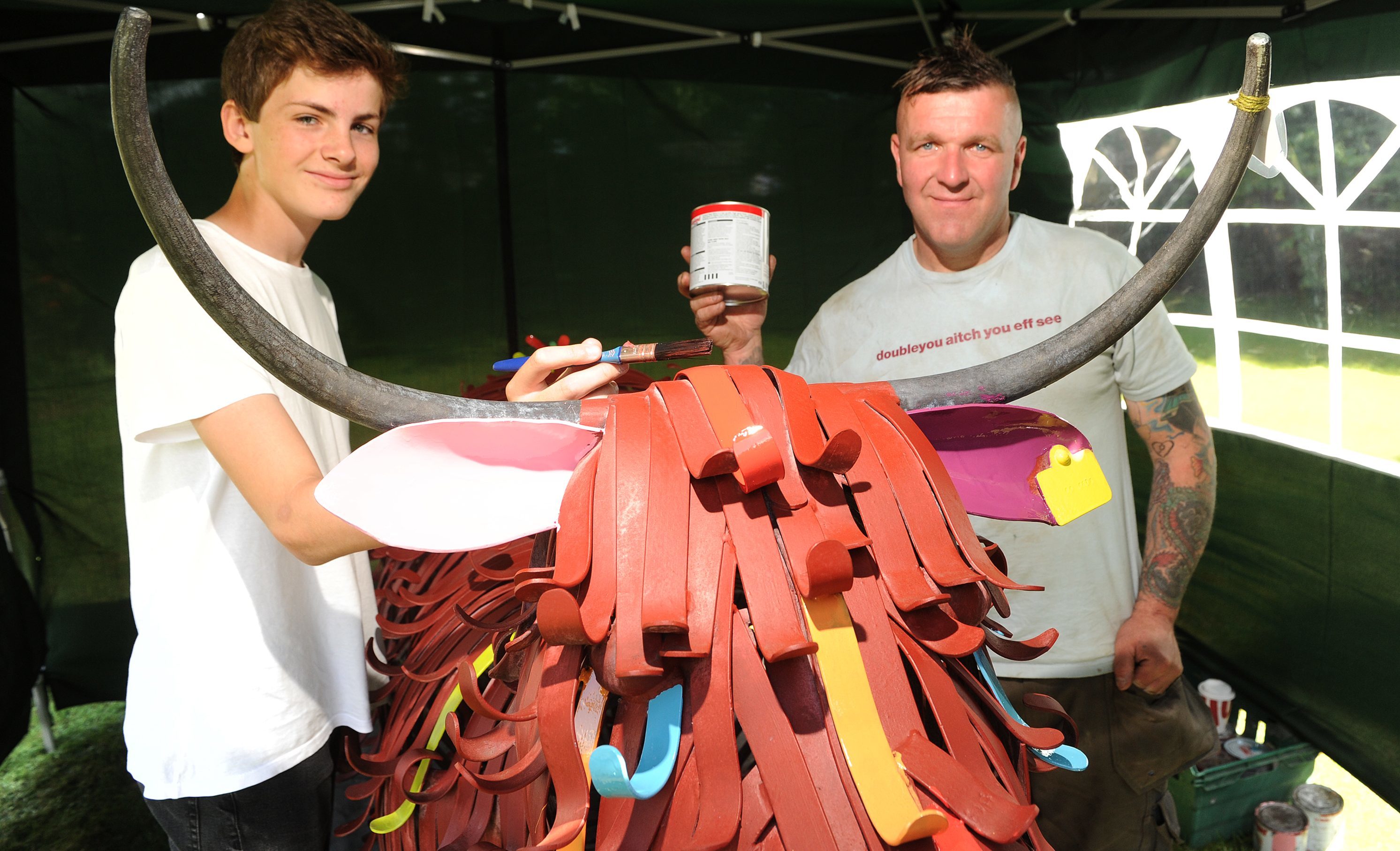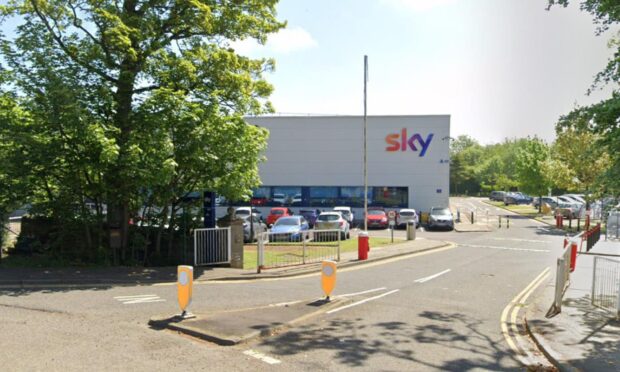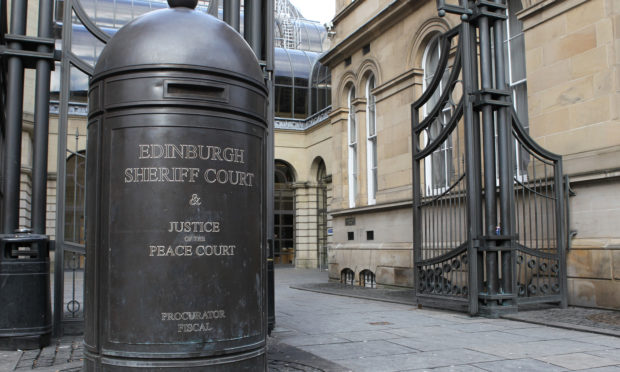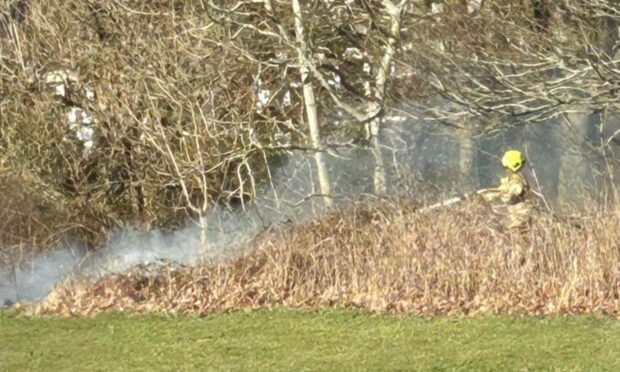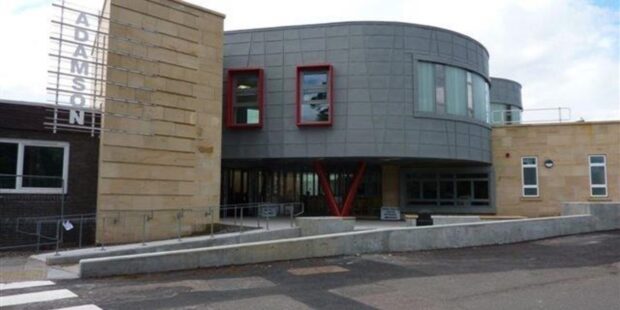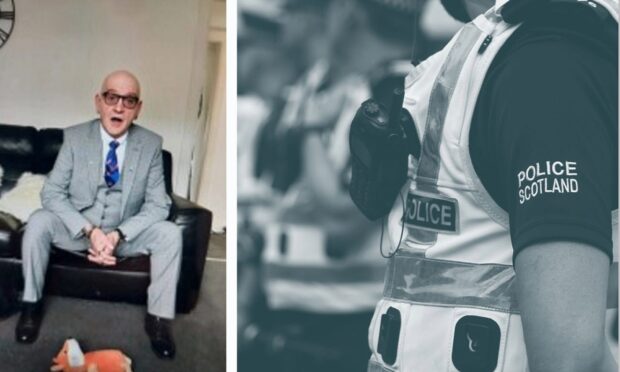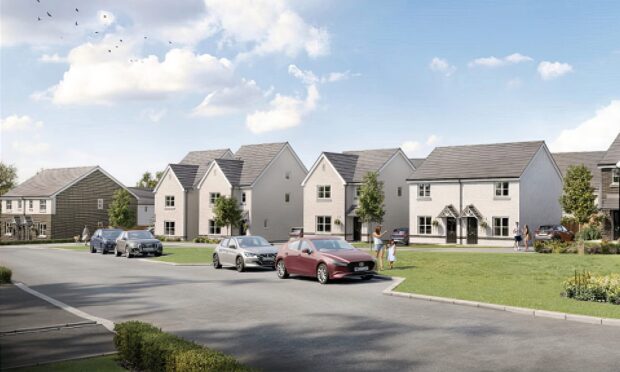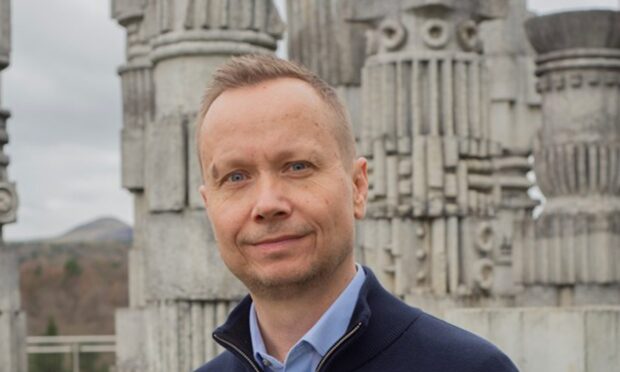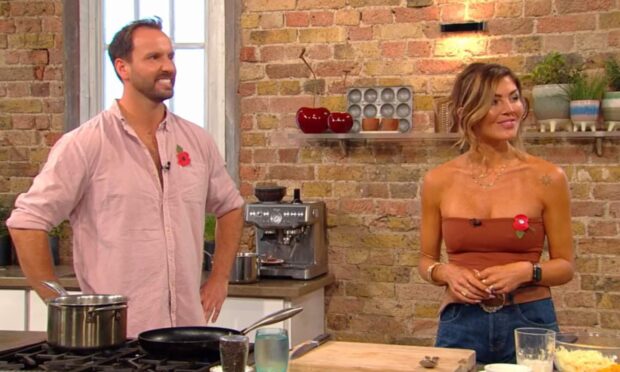Art lovers will descend on Fife in their thousands over the coming days.
Pittenweem Arts Festival boasts its biggest ever line-up of almost 130 exhibitors who will display their work in houses, galleries, garages and even sheds.
Each year the nine-day show, which starts on Saturday, attracts around 25,000 visitors, providing a £1.8 million boost to the economy.
Among the invited artists is Sky Arts landscape artist of the year, Nerine Tassie, of Dysart, who won the television art competition last year, and ceramicist Philomena Pretsell.
Christine Borland, once shortlisted for the Turner Prize, will show an installation of three-dimensional prototype prints of the interior spaces of Barbara Hepworth sculptures carved in the 1940s.
Blacksmith Kevin Paxton has created a sculpture trail through the village and will invite the public to take a turn at the anvil to contribute to a piece entitled Graffiti Stag for next year’s festival.
Artistic talents of local schoolchildren will also be showcased, with a display of their creations using ink and twigs in Pittenweem Primary School.
Festival chairman Jean Duncan said: “We have more artists coming than ever before.
“Our programme is a nice mixture, it has something for everyone, and the workshops are very varied.”
Some 10% of visitors to Pittenweem Arts Festival come from overseas and others travel from across Scotland, many taking a day or more out to wander round the peaceful seaside village while in Edinburgh for the festivals.
Mrs Duncan said: “People are really enthused by what we do. They love Pittenweem and Fife and they come to the festival from quite far afield and book accommodation to stay for a few days, even a week.
“Analysis by Fife Council found that we brought in over £1.8m each year, so there is a lot of money coming into the East Neuk villages.”
The arts festival has grown from its launch in 1982 by several local artists.
This year’s programme includes a variety of exhibitions, workshops, talks, children’s events and concerts.
Festival patron Sir Menzies Campbell will open the showing of the film Lost Treasure which uses abandoned footage taken in the Highlands in 1956 exploring the rural depopulation crisis.
